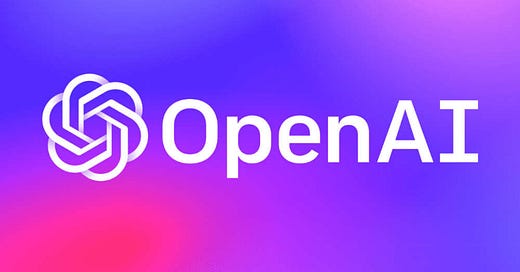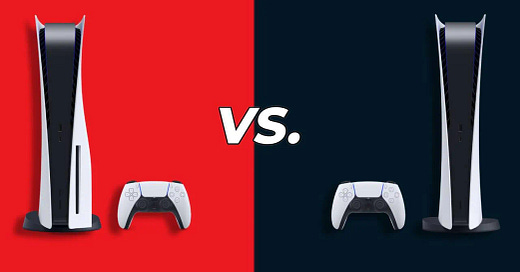
ChatGPT now has a premium subscription tier
You'll have to cough up $20 a month for ChatGPT Plus
OpenAI has announced a paid, premium version of its popular AI chatbot ChatGPT that’ll give you greater access to the viral text engine for $20 a month.
Announced in a blog post, a subscription to ChatGPT Plus will net you three benefits:
General access to ChatGPT, even during peak times
Faster response times
Priority access to new features and improvements
Honestly, that doesn’t look like a whole lot for the price you’re paying. Peak-time access should let you use the engine at your leisure and faster response can only be a good thing. But OpenAI doesn’t specify what the “new features and improvements” subscribers will have priority access to will actually be.
➡️ The Shortcut Skinny: ChatGPT Plus
💰 OpenAI’s viral chatbot, ChatGPT, now has a paid, premium tier
3️⃣ ChatGPT comes with a few benefits over the free version
💸 It will cost you $20 a month
🙌 The free version isn’t going away, though
ChatGPT is currently only available in the US and will be rolled out to customers on a rolling basis. You can sign up for the waitlist here.
OpenAI says it will continue to offer free access to the basic version of ChatGPT and hopes this subscription model will help drum up funds to support that unpaid model.
Whether it really needs that extra money is a little unclear. It just received a multi-billion dollar investment from Microsoft and its list of financial backers looks like a who’s who of tech billionaires, spanning names like Elon Musk, venture capitalist Reid Hoffman and PayPal co-founder Peter Thiel.
“We plan to refine and expand this offering based on your feedback and needs,” OpenAI said in the blog post. “We’ll also soon be launching the ChatGPT API waitlist, and we are actively exploring options for lower-cost plans, business plans, and data packs for more availability.”
OpenAI has been busy revealing new ventures this week. It just launched a free browser tool designed to help verify whether a piece of text has been generated using automated models, responding to questions raised around AI’s implications for dishonesty, plagiarism and fraud.
AI Test Classifier can quickly scan texts to rate the likelihood that they were created using AI, although it’s far from 100% accurate. In fact, when we tested out the model, we were served several false positives and told that our own, human-created text was the work of artificial intelligence. No wonder OpenAI says the tool shouldn’t be relied upon.
Even so, similar AI verification tools will only become more important as companies and consumers continue to buy into the tech. CNET has already owned up to using AI to generate articles (after being caught red-handed), and Buzzfeed is geared up to use AI to create quizzes. Hopefully AI-checking tools will become more accurate as the tech takes off.













